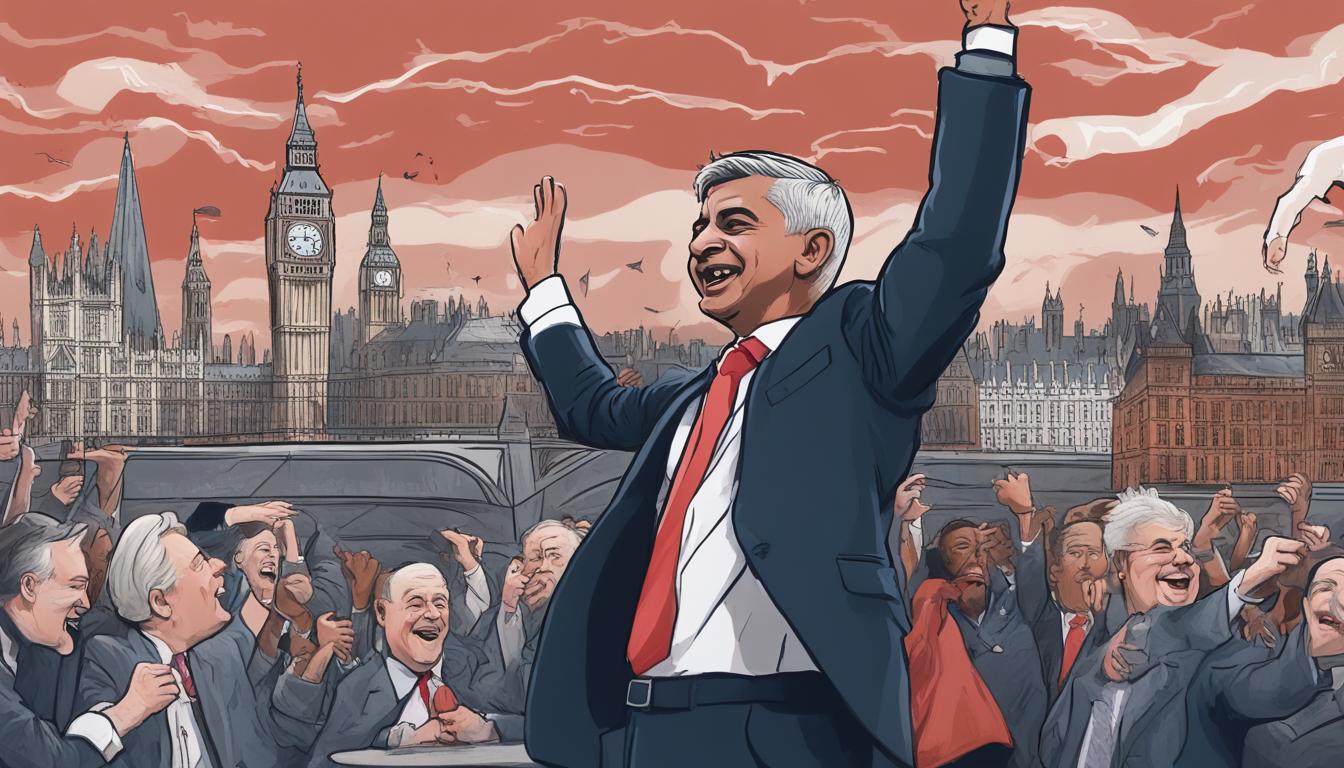Labour’s Sadiq Khan has won a third term as Mayor of London, leading overwhelmingly against Conservative candidate Susan Hall, in elections that also saw Labour making gains in various regional races.
Labour’s Sadiq Khan has been re-elected as Mayor of London, securing over 1,088,000 votes, marking his third term in office. This election, with a total voter turnout of 2,495,621, witnessed Khan leading significantly against Conservative candidate Susan Hall, who faced a challenging campaign marred by allegations of Islamophobia. Labour’s stance on various issues such as the Ulez scheme and the situation in Gaza influenced voter sentiment but did not deter Khan’s majority win, according to Labour senior member Pat McFadden and Shadow Health Secretary, Wes Streeting.
Elsewhere in the UK, Labour has also made significant gains in various council elections and mayoral races, underlining a positive shift for the party in regional politics. Keir Starmer, leader of the Labour Party, has expressed confidence in further consolidating these gains. The political scene now turns towards the West Midlands mayoral election, where Prime Minister Rishi Sunak hopes for a Conservative win with incumbent Andy Street.
Prime Minister Rishi Sunak, who previously served as the Chancellor of the Exchequer, is facing critical analysis from various corners as local election results stream in. There is speculation around the possibility of a hung parliament in the next general election, although definitive outcomes remain uncertain due to varying local and general voting patterns.
The elections in London not only reaffirm Sadiq Khan’s position but also reflect broader national political dynamics, where issues such as public safety, affordable housing, NHS support, and job security are driving voter decisions across the UK. Additionally, the effect of party politics on regional elections indicates an evolving landscape that could influence the next general election outcomes, highlighting the strategic challenges and opportunities ahead for both the Conservative and Labour parties.













